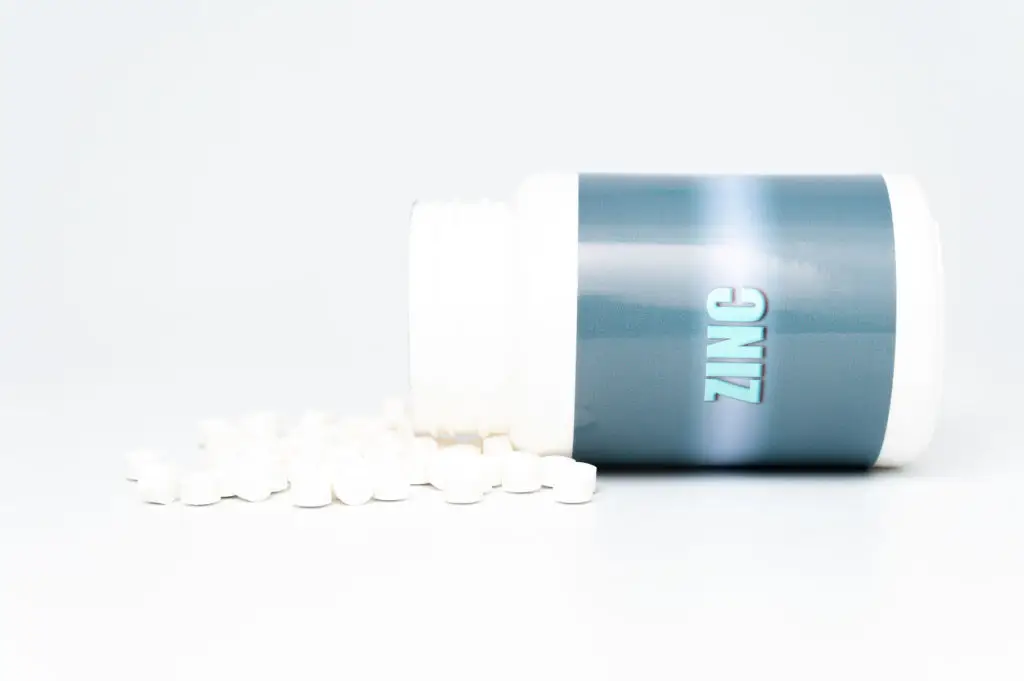The 5 'Miracle' Supplements Doctors Warn Their Patients to Avoid
Walk through any pharmacy or scroll through health sites, and you’ll find shelves promising brighter mornings, sharper minds, and years melted away—all thanks to “miracle” supplements. It’s only natural to hope that one little pill could boost your energy or protect your heart, especially when each bottle claims to be all-natural, doctor-approved, or the secret you’ve been missing. The reality? Even well-meaning shoppers can face confusion—or even hidden risks—thanks to clever marketing and a mountain of choices. That’s why so many physicians are urging their patients (and loved ones) to pause before popping certain supplements, especially those that sound too good to be true. This isn’t about creating worry or guilt. It’s about clarity: understanding what science and real-world experts are genuinely concerned about, so you can protect your wellness with confidence. Let's explore the five categories of "miracle" supplements that doctors and medical authorities say you’re wise to think twice about. Because every step you take toward informed self-care is a win for your long-term vitality.
1. Sexual Enhancement Supplements with Hidden Drug Ingredients

Supplements promising to spark romance and restore confidence can be especially tempting. Unfortunately, some of the biggest risks come from sexual enhancement products marketed as “miracle” cures. The FDA recently analyzed Natural MiracleZEN Platinum 70000 and found it secretly contained prescription medications—specifically ingredients used in Viagra—without listing them on the label. This isn't just a small technical foul; it's a dangerous trick that exposes users to real health threats. If you’re taking any heart medications—like nitroglycerin—these hidden drugs can cause sudden drops in blood pressure or even life-threatening interactions. Many consumers see “all natural” on the bottle and understandably assume it’s harmless, but these claims have proven dangerously misleading. The FDA continues to pull these products from shelves and advise the public about the risks. Doctors urge patients to never take sexual enhancement supplements without discussing them first, no matter how benign the packaging looks. Unlisted ingredients are more common than you’d think, and the adverse effects range from uncomfortable to alarming. In the world of health, transparency matters—a reminder that the best “miracle” is an open conversation with your care provider.
2. High-Dose Zinc Supplements for Immunity

In times when everyone’s searching for extra immune support, zinc often gets star billing. And while zinc is important, more is not always better—in fact, doctors warn it can quickly swing from helpful to harmful. Any supplement with more than 40 milligrams per day of zinc exceeds the FDA’s safe upper limit. Expert guidance from Dr. Nora Tossounian, MD, highlights that “long-term, unsupervised intake above 40 mg is not recommended,” echoing warnings from other physicians such as Dr. Daniel Kim. For adults over fifty, the danger is even greater: too much zinc can lead to copper deficiency, anemia, or lower “good” cholesterol, which is crucial for heart health. Zinc can also interfere with common prescriptions, including antibiotics and diuretics. The myth that loading up on zinc will supercharge your immune system just doesn’t hold up under scrutiny. Instead, high doses work against your well-being, weakening your immune response and causing ripple effects you can’t see on a supplement label. Next time a bottle promises instant resilience, remember: when it comes to minerals, moderation really does matter, and your safest bet is to check with your doctor before starting any new supplement routine.
